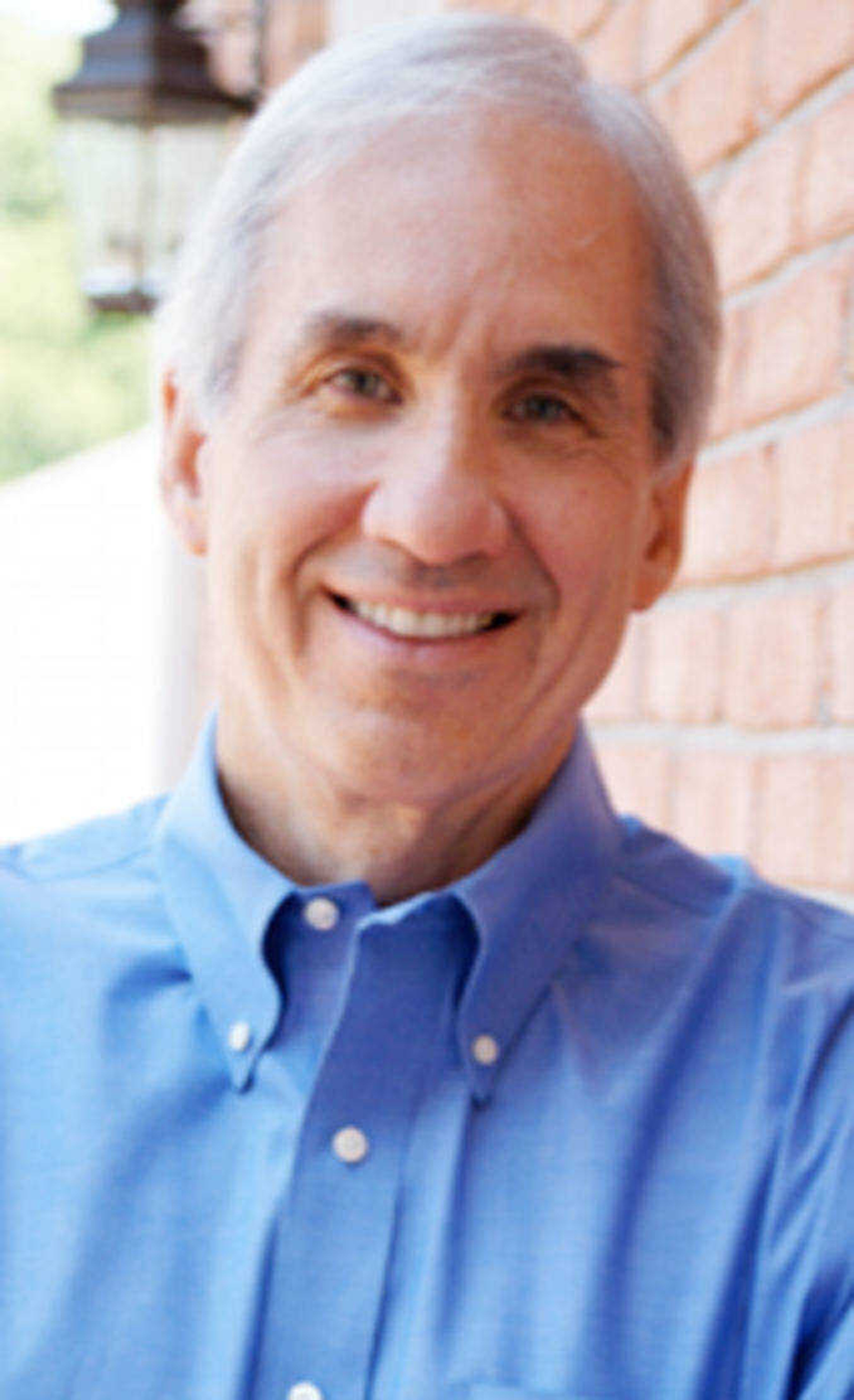CLINTON HAS IS OWN IDEAS ABOUT PRIVACY RIGHTS
On Oct. 29, 1999, President Clinton, in full lip-biting mode, said, "In 1999, Americans should never have to worry about the nightmare scenarios depicted in George Orwell's 1984. I am determined to put an end to such violations of privacy." Savor that presidential quote for a moment, then consider this lead from Paul Sperry's WorldNetDaily article on May 11, 2000, about secret White House phone recordings. ...
On Oct. 29, 1999, President Clinton, in full lip-biting mode, said, "In 1999, Americans should never have to worry about the nightmare scenarios depicted in George Orwell's 1984. I am determined to put an end to such violations of privacy."
Savor that presidential quote for a moment, then consider this lead from Paul Sperry's WorldNetDaily article on May 11, 2000, about secret White House phone recordings. "In what sounds like something from one of Ian Fleming's or George Orwell's books, President Clinton signed off on the installation of eavesdropping devices on the phones of White House staffers." Sperry reports that Clinton ordered listening devices to monitor and record the phone conversations of his staffers, as well as meetings in conference rooms.
But it gets better. There can be no doubt that Clinton was personally involved in this privacy-violating decision because he had a special box installed on his and his top aides' phones so that their conversations and meetings could not be recorded using the same technology.
One other thing. Clinton reportedly installed this technology over the objections of the Secret Service that it would pose a serious national security risk. We now have reason to believe that this wasn't an unrealistic concern. The FBI is currently investigating allegations that Israeli spies penetrated this very White House phone system, arguably made vulnerable by Clinton's risky eavesdropping scheme.
Given Clinton's track record for veracity, whom should we believe, the president or this watchdog journalist? If Clinton's reputation alone isn't enough to convince you then let's consider another instance involving this administration's commitment to privacy. They talk a good game, but remember Linda Tripp and Kenneth Bacon? If not, let U.S. Sen. James Inhofe remind you.
Inhofe, chairman of the Senate Armed services subcommittee, has asked Defense Secretary William Cohen to severely discipline Defense Department spokesman Kenneth Bacon for leaking information to the media from Linda Tripp's confidential Pentagon employee file. Tripp blew the whistle on Clinton's affair with Monica Lewinsky and Bacon deliberately leaked the confidential information to discredit her. Despite this egregious violation of the Privacy Act (confirmed by a July 1998 Defense Department investigation of the matter), the Clinton Justice Department refused to seek an indictment against Bacon.
Inhofe warned that all federal employees would be watching this case to see if the law will be applied against Clinton administration officials. If not, he argues, "the law is largely meaningless." Exactly. This country was founded on the principle that no one is above the law. As we are nation of laws, not men, the law is blind to the status of the offender. That's what is meant by equal protection of the law.
But the equality principle has been twisted a bit under the Clinton administration. The best way to explain it is by reference to another Orwellian novel, "Animal Farm." Old Major warns, "All animals are equal but some animals are more equal than others." Indeed, Old Major Clinton.
With this background information, shouldn't we be a bit skeptical when Clinton starts talking about protecting our privacy rights? As a matter of fact, he did just that not long ago when he pledged to use "the full authority of his office to create the first comprehensive national standards for protection of medical records."
Sue Blevins, president of the Institute for Health Freedom, in a new paper for The Heritage Foundation, warns us that there is much more than meets the eye to the president's proposed federal regulations "ostensibly designed to protect Americans' medical privacy." In his statement unveiling the plan, Clinton said the regulations "would greatly limit the release of private health information without consent." Blevins says, "Nothing could be further from the truth." In her paper she details exactly how Clinton's plan will do the opposite of what he says it will do. In fact, it will allow the federal government, rather than individuals (read: you and me) to decide who has access to patients' private medical information. Blevins says that if Clinton's privacy regulations are adopted, "the administration will have initiated the greatest invasion of medical privacy in recent history." Considering this administration's curious notions about privacy, can we afford to entrust it with regulations to protect us? Better talk to your congressman.
~David Limbaugh of Cape Girardeau is a columnist for Creators Syndicate.
Connect with the Southeast Missourian Newsroom:
For corrections to this story or other insights for the editor, click here. To submit a letter to the editor, click here. To learn about the Southeast Missourian’s AI Policy, click here.










